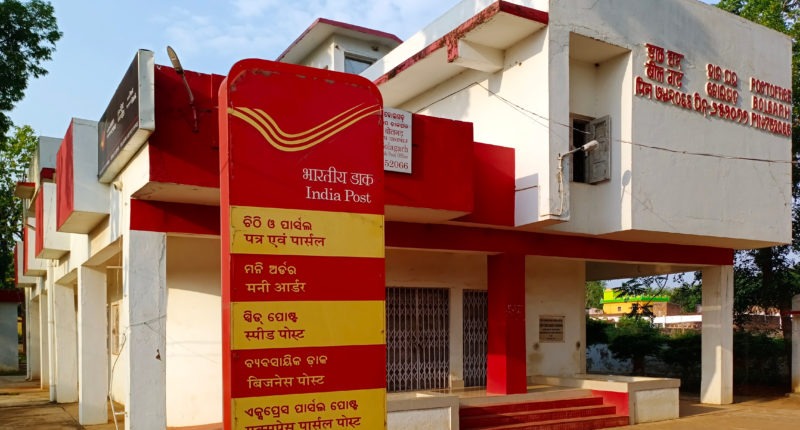The government has made changes and simplified the process of death settlement claims of several post office small savings plans, such as the Public Provident Fund (PPF), National Savings Certificate (NSC), Post Office Monthly Income Scheme (POMIS), etc., through a circular on 28 August 2020.
However, the government observed that many post offices are not following the revised timelines and prescribed procedures for settling deceased claims for post office schemes. Thus, on 10 January 2023, the government issued guidelines for timely settlement in death claim cases.
Death claim settlement guidelines
According to the August 2020 circular, the basis of death claims can be legal evidence, nomination or without legal evidence at the discretion of the respective authority for a maximum claim of Rs.5 lakh. The maximum amount of Rs.5 lakh will apply to each registration number/account in the case of separate accounts. When there is no legal evidence, and the claim exceeds Rs.5 lakh, the claimant must get a succession certificate from the court.
According to the press release of 10 January 2023, the guidelines for timely settlement of death/deceased claim cases are as follows:
- KYC documents of the claimant should be verified with the original documents at the time of receiving KYC documents/deceased claim case documents.
- When the signatures of witnesses are available on a copy of the KYC documents, there is no requirement for the physical presence of the witnesses.
- The claimants should be sensitised to provide their bank account or PO saving account details while submitting deceased claim cases for the transfer of payments. The claimant signature/account detail should be obtained on the acquittance portion so that claimants/nominees can avoid visiting post offices to receive the payment through a cheque.
- The sub-post office or head post office need not issue a separate sanction memo to settle death claim cases. It can sanction the claim in Form-11 on the second part prescribed as ‘For Office Use Only’.
- Further verification through SDI (P) or PRI (P) is not required when a deceased claim case is received with complete documents.
Process in case of a registered nomination
According to the guidelines, when a nomination is registered in a small savings scheme held with a post office, and it is in force at the time of the individual’s death, the respective post office will have to pay the amount to the nominee irrespective of the claim amount without production of legal evidence.
Process in case all nominees have died
The guidelines specify that when the last surviving nominee or single nominee expires, the claim for the scheme will be determined in favour of the last deceased nominee’s legal heirs rather than the legal heirs of the deceased depositor.
Process in case of claims without nomination or legal evidence
When there is no nomination or the claimant cannot give legal evidence, and the final claim amount is not more than Rs.5 lakh, the legal successor can file for a claim after six months of the depositor’s death. The claimant should give the following documents to the relevant postal authority:
- Depositor’s death certificate.
- Original deposit receipt, statement of account or passbook.
- Affidavit.
- Letter of disclaimer.
- Bond of indemnity.
When the eligible claim amount in the deceased account is above Rs.5 lakh, the accounts office should pay the amount to the claimant upon submission of the succession certificate issued by the court along with the following documents:
- Claim form.
- Original deposit receipt, statement of account or passbook.
- Death certificate of the account holder.
The guidelines provide the settlement of death claims process for post office schemes in cases when there is a registered nominee, there is the death of the nominee or where there is no nominee. It clearly states the process of the death settlement claims to be followed by the respective post offices to ensure timely claims settlement.
For any clarifications/feedback on the topic, please contact the writer at mayashree.acharya@cleartax.in

I am an Advocate by profession. I interpret laws and put them in simple words. I love to explore and try new things in life.





